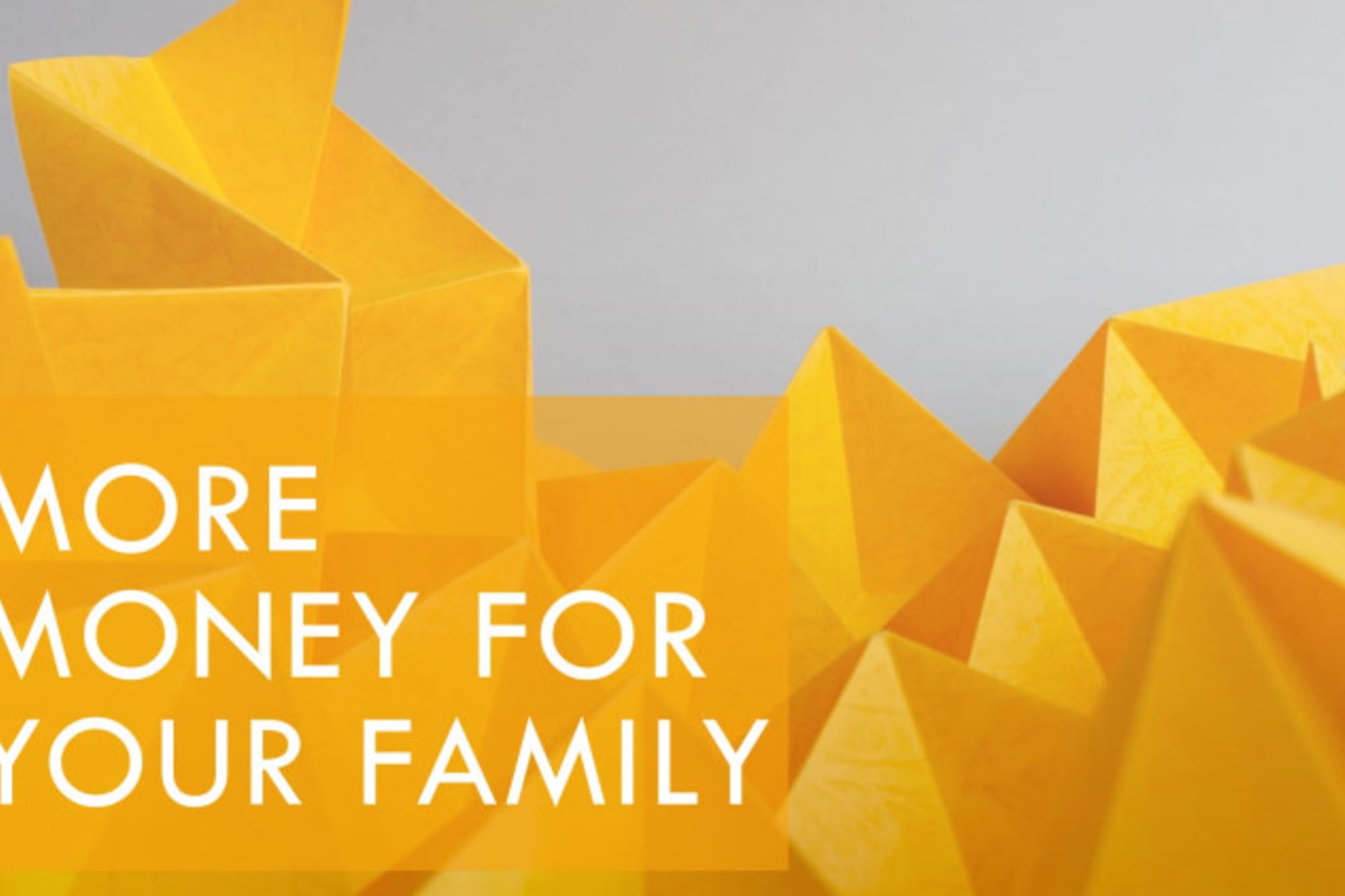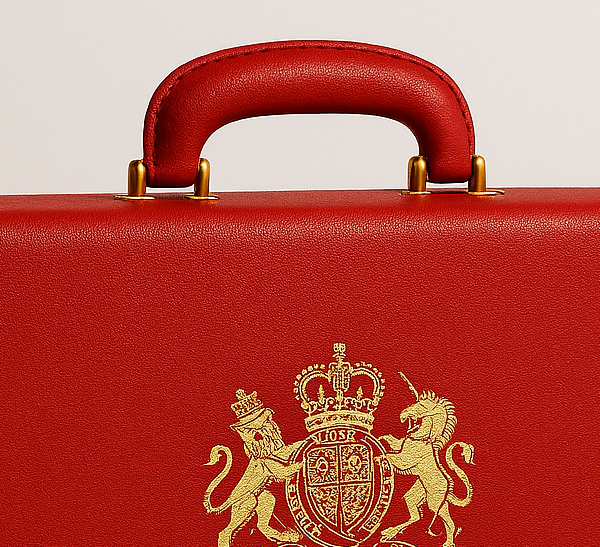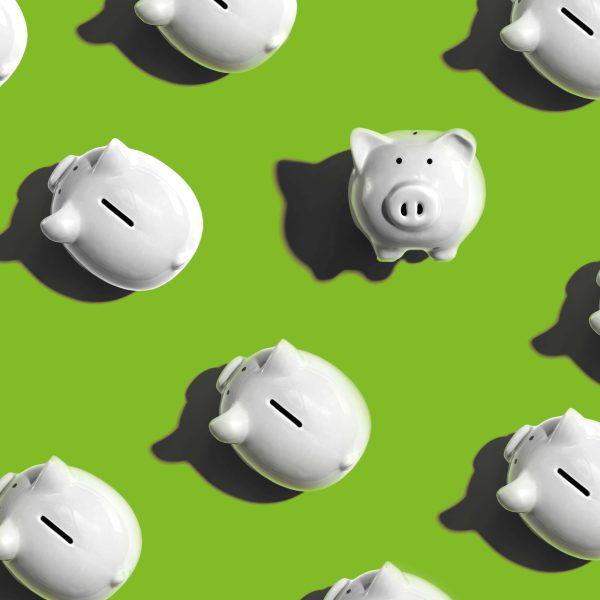Article
High income child benefit charge – changes announced
Article
High income child benefit charge – changes announced
April 8, 2024
3 minute read
From 2024-25 families will be able to claim on average £1,260 more in Child Benefit payments.

As announced at Spring Budget 2024, the High Income Child Benefit Charge (“HICBC”) threshold will increase from £50,000 to £60,000 from 6 April 2024.
The HICBC was introduced in January 2013 and is a tax charge that applies, on a sliding scale where an individual or their partner receives child benefit and has adjusted net income of more than £50,000. Currently Child Benefit is lost entirely where an individual’s income exceeds £60,000 – these thresholds having been untouched since their introduction over 10 years ago.
Changes announced mean that the lower threshold, before any HICBC is payable increases to £60,000 with those individuals whose income exceeds £80,000 having a charge equal to the Child Benefit payments received.
As a result of this announcement, it is estimated that approximately 170,000 families will be taken out of paying the HICBC from 2024-25, representing a boost of £1,260 for the average working family.
To address the unfairness of households with two parents each earning an income just under the threshold and thereby retaining entitlement to full Child Benefit payments. Mr Hunt has announced that from April 2026 there will be changes to the HICBC with consultation to come on any proposed changes.
Who is eligible for Child benefit?
Individuals receive child benefit if they’re responsible for bringing up a child who is:
· Under 16; or
· Under 20 if they stay in approved education or training.
Only one person may claim child benefit for a child. There is however no limit as for how many children you can claim for.
How much is Child benefit worth?
From 6 April 2024 child benefit rates will be worth:
· £25.60/week for the eldest or only child, this is up £1.60 from 2023/24.
· £16.95/week for younger children, this is up £1.05 from 2023/24.
How it works
By claiming child benefit, individuals will receive:
· An allowance every 4 weeks for each child benefit claimed for; and
· National insurance (NI) credits which count towards their state pension – these credits can fill in your NI record if you’re not working or don’t earn enough; and
· An NI number for your child without having to apply for one when they turn 16.
Who pays the tax charge
For households where both parents earn an adjusted net income of over the threshold, the parent who has the higher income is responsible for paying the tax charge.
Example
For 2024/25, Ollie’s income is £71,000 a year. His partner Helen has no income because she left her job to look after their baby and toddler. She claims child benefit for both children, which totals £2,212.60 over the year.
Helen knows it is vital that the child benefit is paid to her and not Ollie because she will get NI credits for the period when she is not working, which will protect her entitlement to the state pension.
As Ollie’s income is £11,000 over the threshold, he will have a HICBC of 55% of the Child Benefit received – this totals £1,216.93. This will be reported and paid through his self-assessment tax return.
Related content
Need expert advice?
Speak to an expert for advice on
+44-1865 292200 or get in touch online to find out how Shaw Gibbs can help you
Email
info@shawgibbs.com
Need expert advice?
Speak to an expert for advice on
+44-1865 292200 or get in touch online to find out how Shaw Gibbs can help you
Email
info@shawgibbs.com




